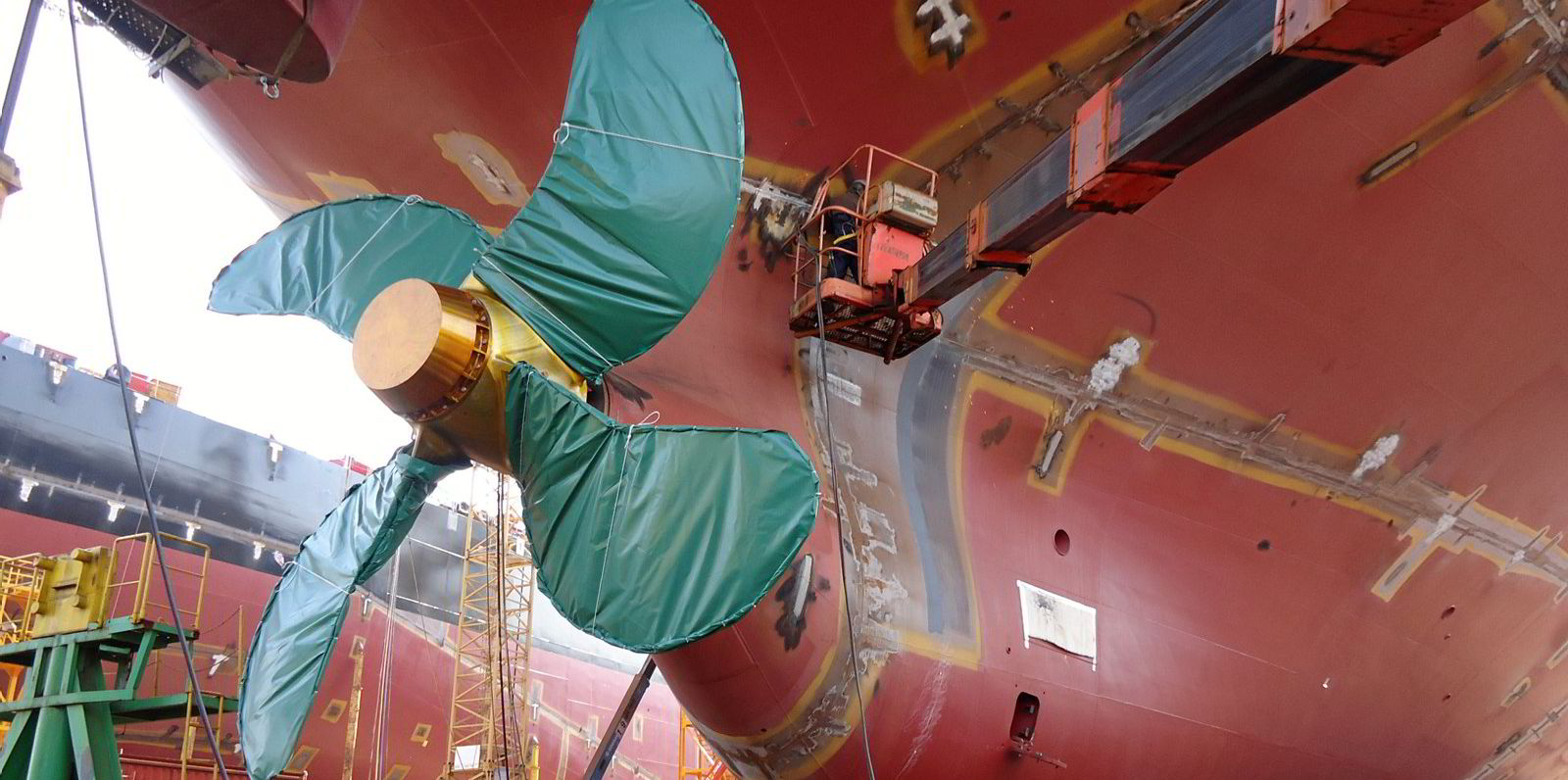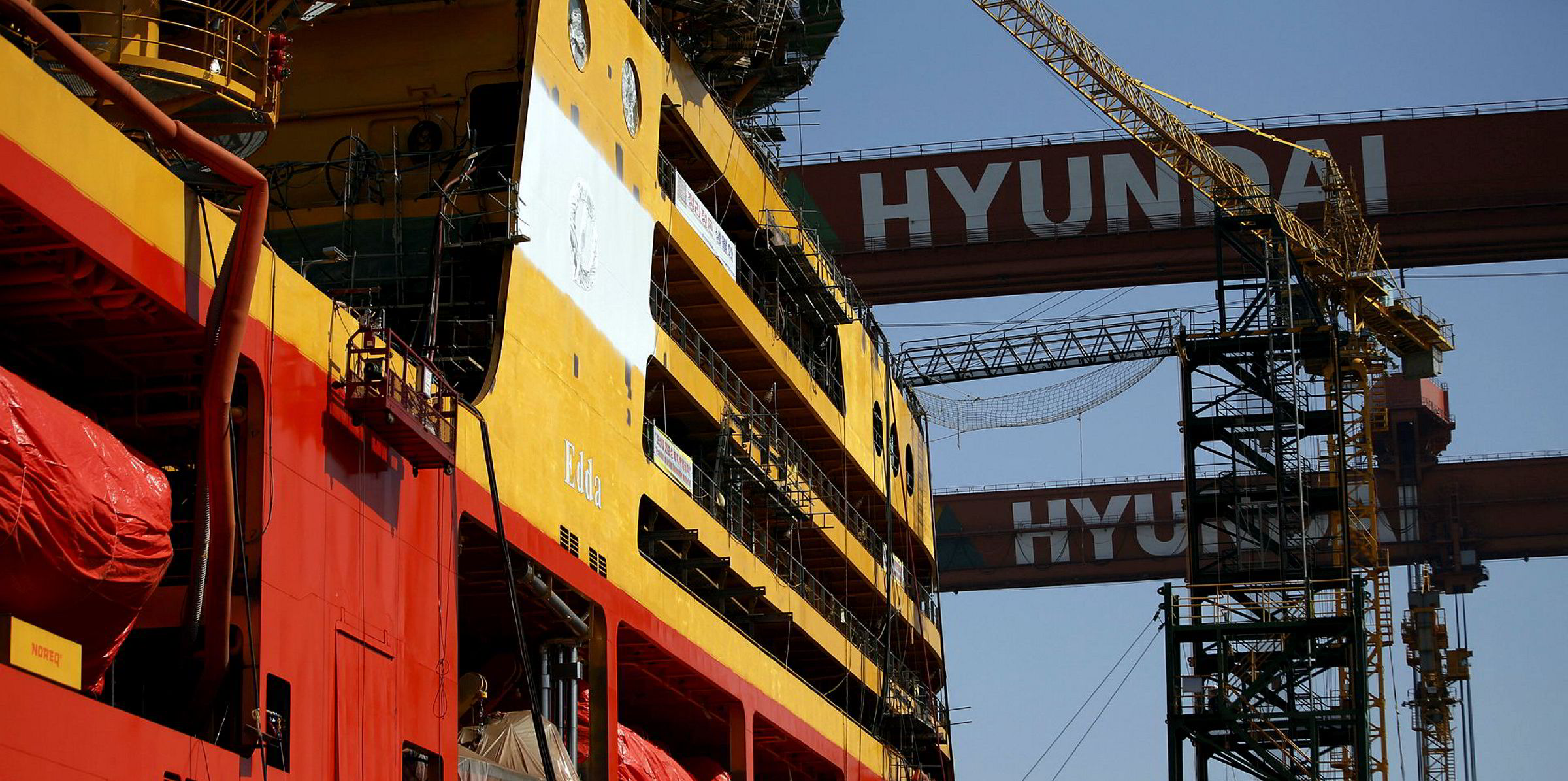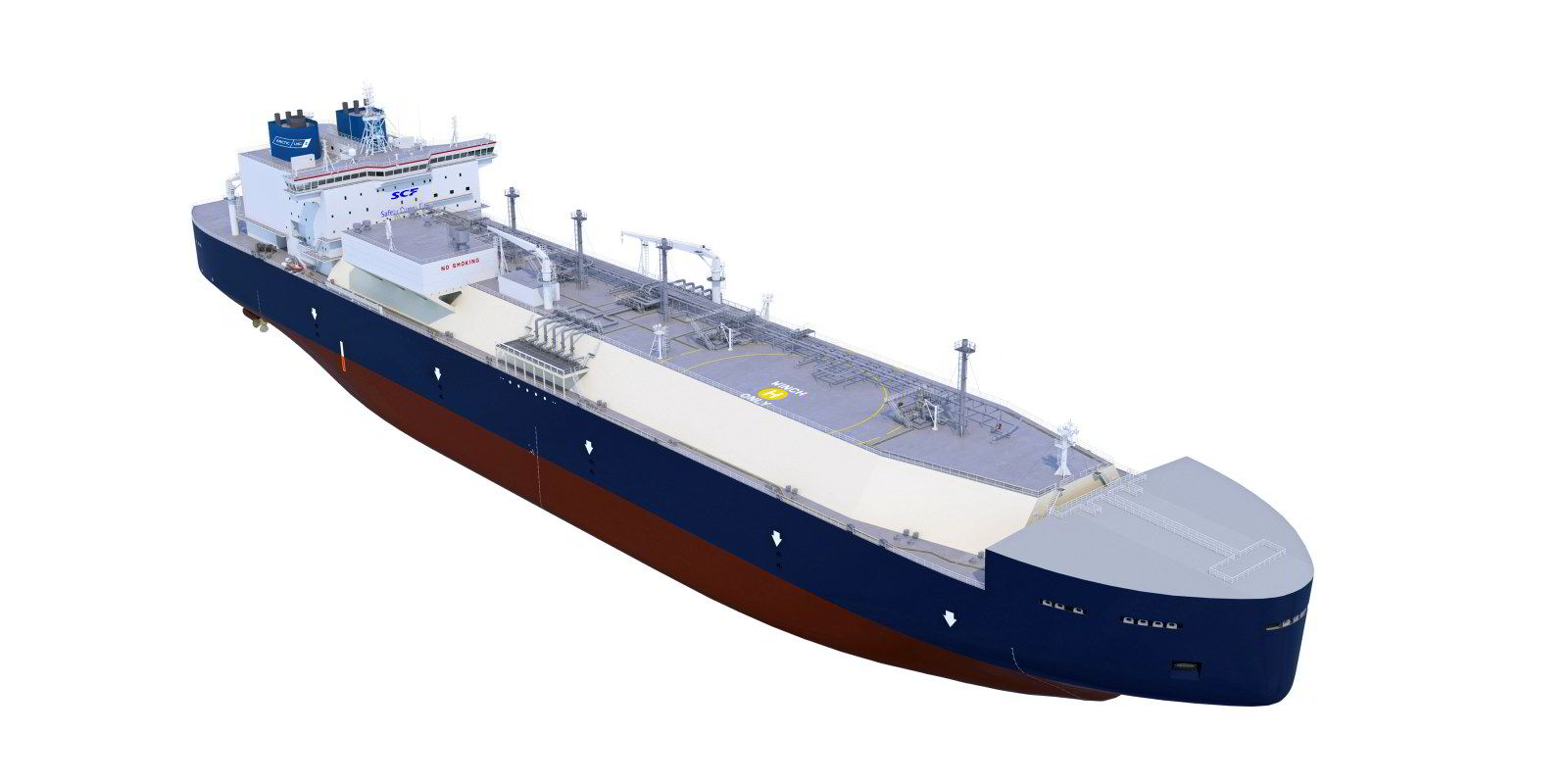The number of newbuilding tankers hitting the water this year will slump to the lowest since 2014 because shipowners are expected to delay deliveries amid weak rates, Alphatanker has forecast.
AXSMarine's research arm predicts that 171 tankers will be delivered in 2020 while 25 units originally due this year will be delayed to 2021, according to its monthly market monitor report.
The slippage rate of 12.7% is significantly higher than the 2019 level of 8.6%, Alphatanker data shows.
“This difference can be attributed to the significant change in tanker market conditions between then and now,” the research firm said in the report.
“While the fourth quarter of 2019 was characterised by hire rates for many tankers surging to multi-year highs, this year is characterised by many hire rates, especially for crude tankers, now plumbing multi-year lows.”
The low deliveries are also related to a smaller orderbook, as this year’s slippage remains within the long-term historical average range between 10% and 14%.
“Delivery slippage remains around a certain level unless the tanker market experiences a sharp upturn ... such as was the case in 2019,” Alphatanker said.
Broken down by segments, Alphatanker expects eight VLCCs, three suezmaxes, eight aframaxes and LR2s, one LR1 and five MRs to be delayed to 2021.
This is equivalent to 38% of the remaining LR2 newbuildings due this year being delayed, 25% of aframaxes, 20% of LR1s, 8.6% of suezmaxes and 6.3% of MRs. The report did not provide the figure on VLCCs.
“Considering the current dire situation of global aframax markets with returns for many routes insufficient to cover operating expenses, this is the reason why we project this segment to see significant delivery delays despite the normally lucrative ice season looming,” Alphatanker said.
While the pandemic hit Asian shipbuilding nations hard during the first few months of 2020, Alphatanker believes yard deliveries have not been significantly affected by Covid-19.
“Relatively few vessels are under construction globally compared with that seen over the last decade, which has helped yards devote extra resources to projects and avoid a logjam of delays in the wake of Covid-19,” the outfit said.
“The lockdown coincided with the Chinese New Year as well, a period that is usually quiet at the [yards].”






